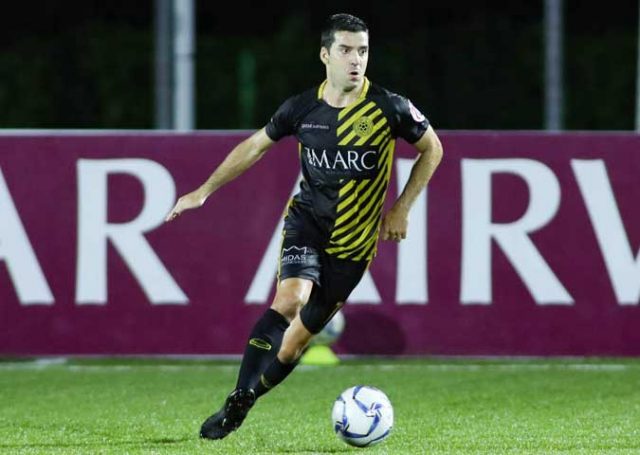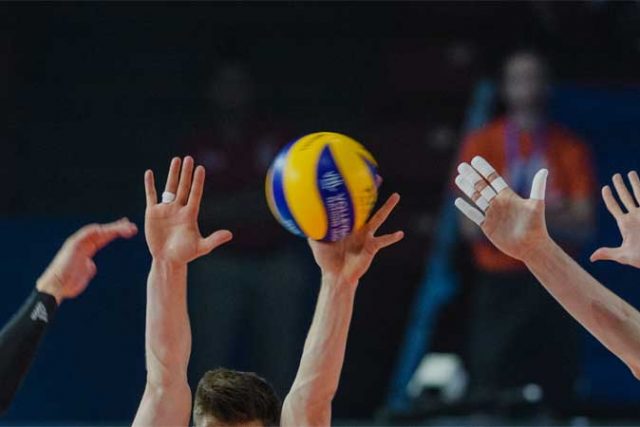Disposal, the problem of the future
A recent item on the Wonderful Engineering website discusses a scientific breakthrough in battery technology that solves a “40-year-old problem.” A team at Harvard University’s School of Engineering and Applied Science (SEAS) is developing a battery using “lithium-metal,” which can store more energy and charge at a fraction of the time compared to “lithium-ion” batteries.
Xin Li, an associate professor at SEAS, noted, “A lithium-metal battery is considered the holy grail for battery chemistry because of its high capacity and energy density. But the stability of these batteries has always been poor… By studying their fundamental thermodynamics, we can unlock superior performance and harness their abundant opportunities.
“This proof-of-concept design shows that lithium-metal solid-state batteries could be competitive with commercial lithium-ion batteries. And the flexibility and versatility of our multilayer design makes it potentially compatible with mass production procedures in the battery industry,” he added.
I believe it is only a matter of time before the Harvard team’s research leads to commercial production of better batteries. More and more the world is relying on non-fossil fuel energy sources, to support the increasing demand, particularly for portable computers and mobile devices, as well as electric vehicles.
The thing is, as battery technology improves and battery use ramps up, who is currently looking into battery disposal? Or, more important, battery recycling? As I had tackled in previous columns, the shift to non-fossil fuel energy will eventually lead to a crisis in disposal unless we also start working on new systems and technologies for disposal.
In a report, BBC Technology of Business reporter Emma Woollacott noted that by 2030, the EU hopes to have 30 million electric cars on European roads. Of course, electric cars run on batteries. And these power sources eventually get spent. Over time, they degrade and require replacement. But, for every replacement, there will be an issue of disposal.
“The rate at which we’re growing the [European electric vehicle] industry is absolutely scary,” Woollacott quotes Paul Anderson of the University of Birmingham, also co-director of the Birmingham Center for Strategic Elements and Critical Materials. “It’s something that’s never really been done before at that rate of growth for a completely new product.”
He adds, “In 10 to 15 years when there are large numbers coming to the end of their life, it’s going to be very important that we have a recycling industry.” Woollacott notes in her report that while traditional lead-acid batteries are widely recycled, the same cannot be said for the lithium-ion versions used in electric cars. The same may be the case for lithium-metal batteries.
“Currently, globally, it’s very hard to get detailed figures for what percentage of lithium-ion batteries are recycled, but the value everyone quotes is about 5%,” according to Anderson. “In some parts of the world it’s considerably less.” It can be assumed that in most cases, old batteries are simply dumped.
With the introduction of electric and hybrid vehicles in the Philippines, I wonder if regulators and policymakers have considered regulations — or legislation — to manage the disposal of batteries from electric vehicles. Or, for that matter, disposal of solar panels from solar farms and solar homes, and used turbines from wind farms. Over time, all these materials degrade and are replaced.
The BBC notes that Nissan is now reusing old batteries from its Leaf cars in the automated guided vehicles that deliver parts to workers in its factories. Volkswagen is said to be doing the same, but has opened its first recycling plant, in Salzgitter, Germany, that can recycle up to 3,600 battery systems per year during the pilot phase. Renault is also recycling all its electric car batteries.
Perhaps for major car manufacturers, recycling EV batteries is not that difficult. But, what about the thousands of electric bikes, scooters, tricycles, and other electric personal mobility devices or transportation now on our roads? At some point, their batteries will run down. How do we currently regulate the disposal of their used batteries?
In a previous column, I cited a report in Bloomberg Green by Chris Martin on how wind turbine blades from wind energy farms all over the world couldn’t be recycled and were now piling up in landfills, and that companies were now searching for ways to deal with the tens of thousands of blades that have reached the end of their lives.
For wind turbines, disposal doesn’t happen often, but it does happen. And large-scale recycling is still not an option at this point. So, those used giant fiberglass blades eventually end up in landfills and add to solid waste pollution. And, if they degrade over time, maybe some toxic waste will also go into the soil.
The disposal “problem” affects the solar energy industry as well. The International Renewable Energy Agency estimates that by 2050, up to 78 million metric tons of solar panels will have reached the end of their life, and this will result in about six million metric tons of new solar e-waste annually. And, just like wind turbine blades, these used solar panels will also mostly end up in landfills. And with solar panels, when they break down, toxic waste does go into the soil.
The proper disposal of EV batteries, wind turbines, solar panels, and electronic devices will be the big problem of the future. In this line, energy and technology policies cannot be short-sighted. Companies in renewable energy and EVs should also consider technologies and facilities to recycle their own waste, either on their own or through partners.
We require industries and businesses to clean their air emissions and their water discharge or general effluents. Then, shouldn’t we require EV companies to recycle their own batteries; wind farms to recycle their own turbines; solar farms to recycle their own panels; and, computer makers and mobile phone makers to recycle their own waste? Their waste shouldn’t end up in landfills.
As I had noted in a previous column, the very things we are doing now, like shifting to renewable energy and other non-fossil fuel sources to save the environment, are the very things that will become the source of environmental challenges in the future. That is, if we don’t plan things better. “Clean up” should always be part of the development agenda.
Marvin Tort is a former managing editor of BusinessWorld, and a former chairman of the Philippine Press Council













